Recent
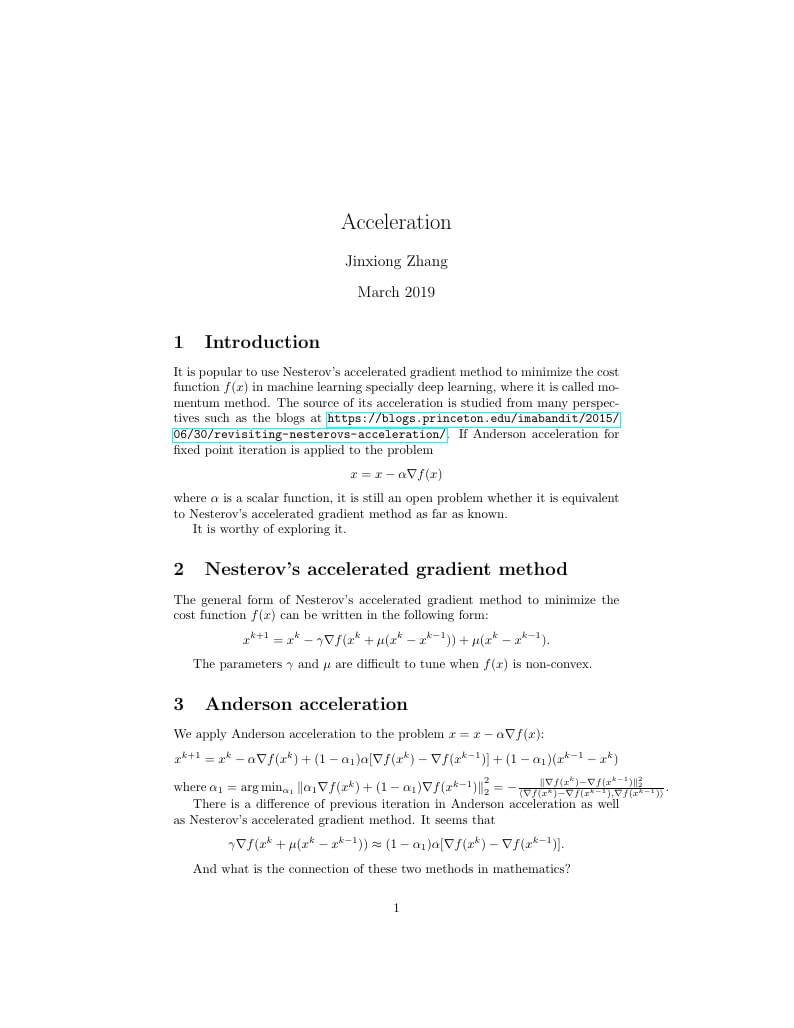
A note on gradient-based optimization.
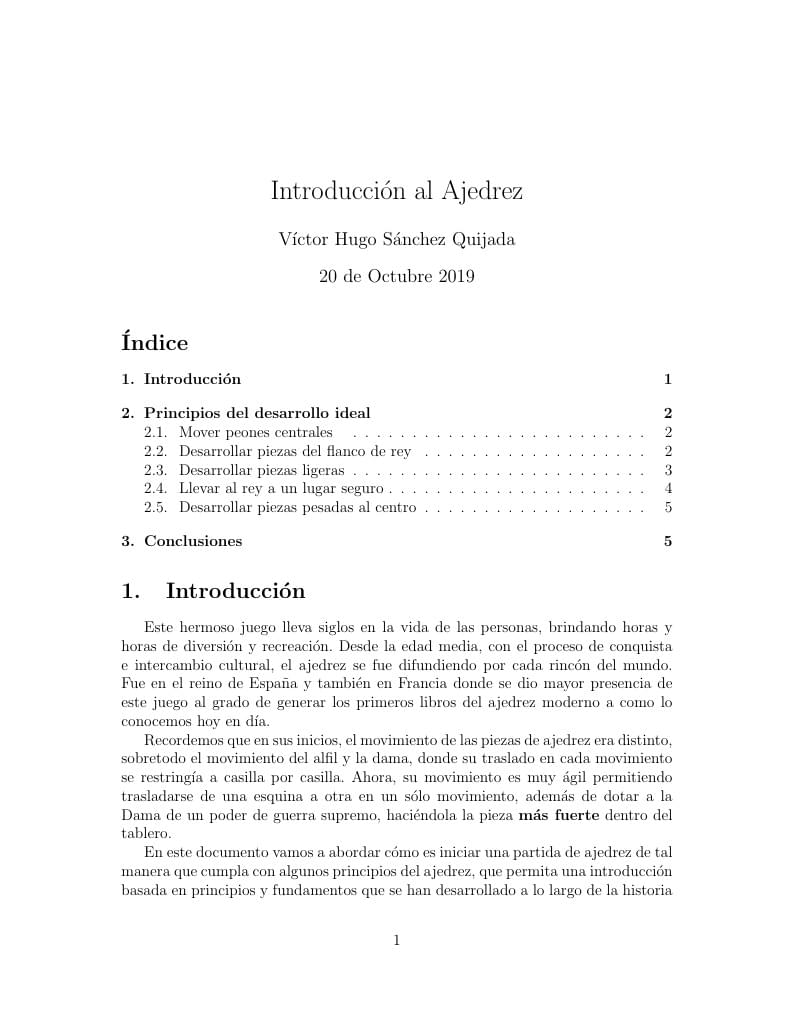
Principios de desarrollo ideal en el ajedrez
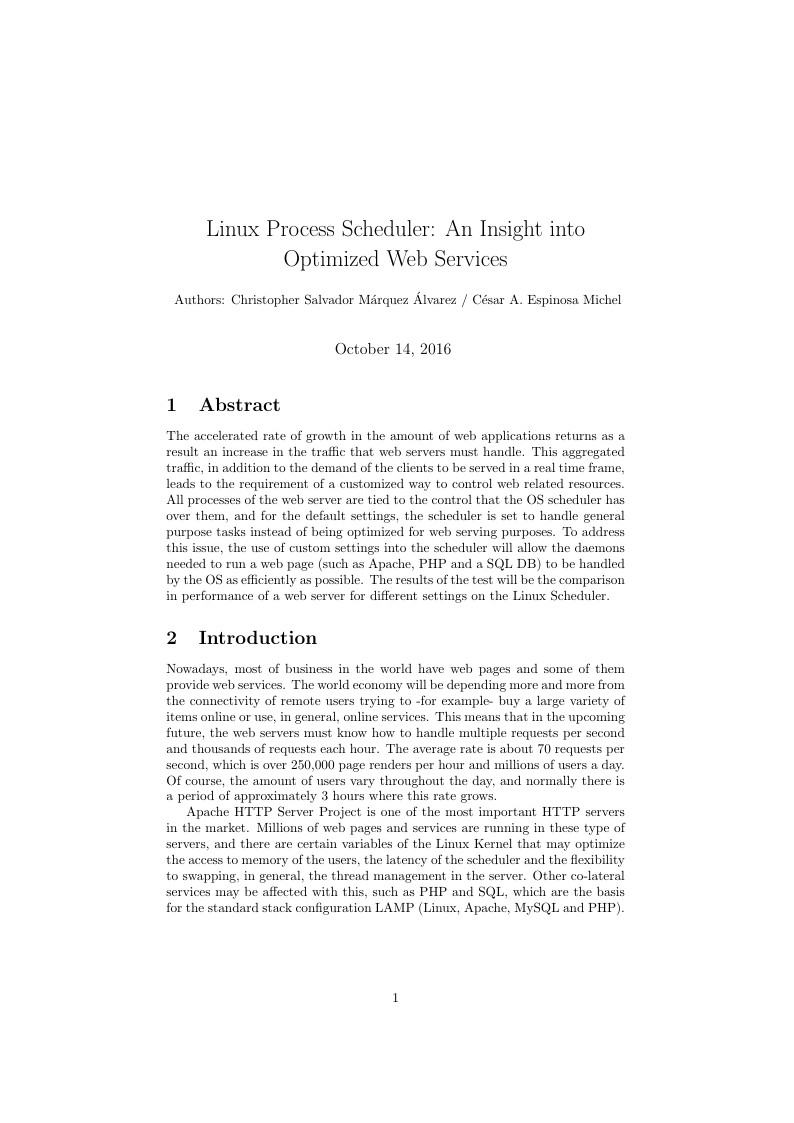
The accelerated rate of growth in the amount of web applications returns as a result an increase in the traffic that web servers must handle. This aggregated traffic, in addition to the demand of the clients to be served in a real time frame, leads to the requirement of a customized way to control web related resources. All processes of the web server are tied to the control that the OS scheduler has over them, and for the default settings, the scheduler is set to handle general purpose tasks instead of being optimized forweb serving purposes. To address this issue, the use of custom settings into the scheduler will allow the daemons needed to run a web page (such as Apache, PHP and a SQL DB) to be handled by the OS as efficiently as possible. The results of the test will be the comparison in performance of a web server for different settings on the Linux Scheduler.
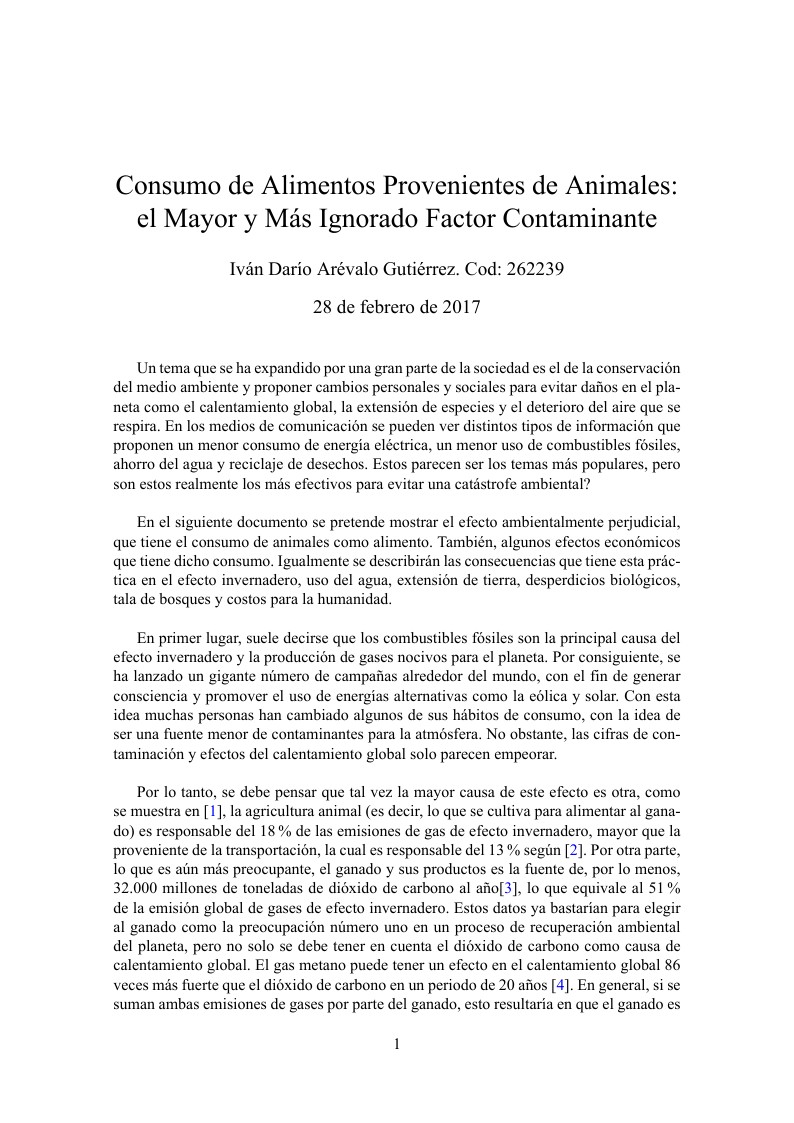
Consumo de Alimentos Provenientes de Animales: el Mayor y Más Ignorado Factor Contaminante
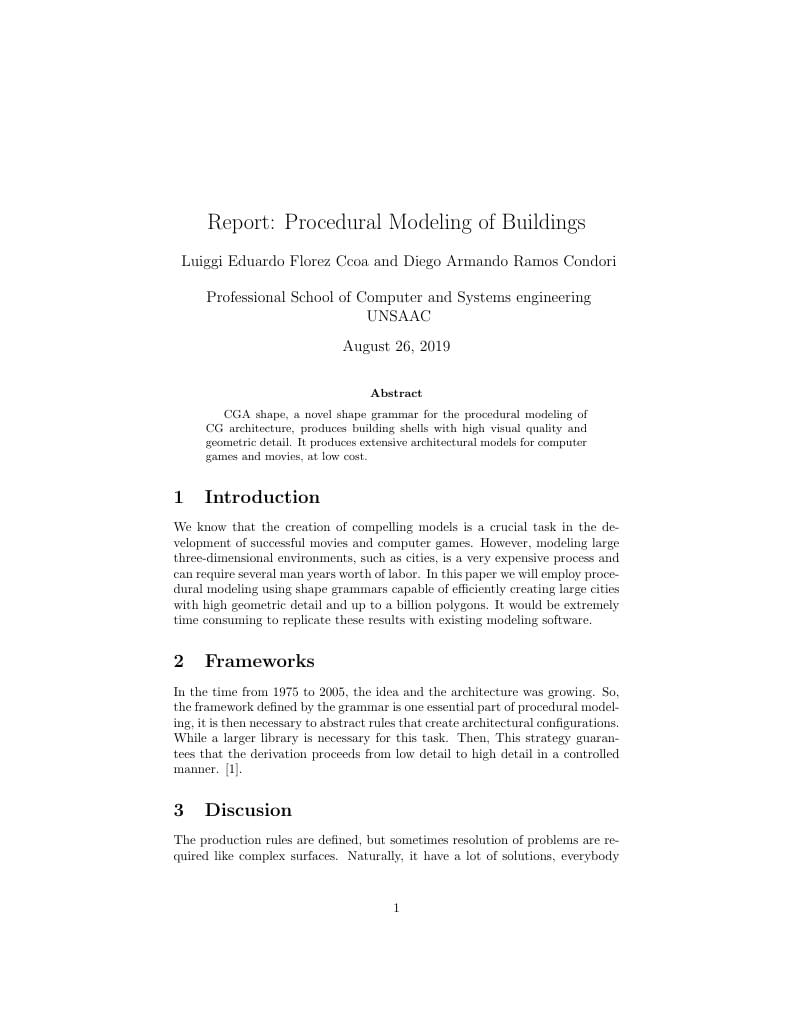
a report for PMB
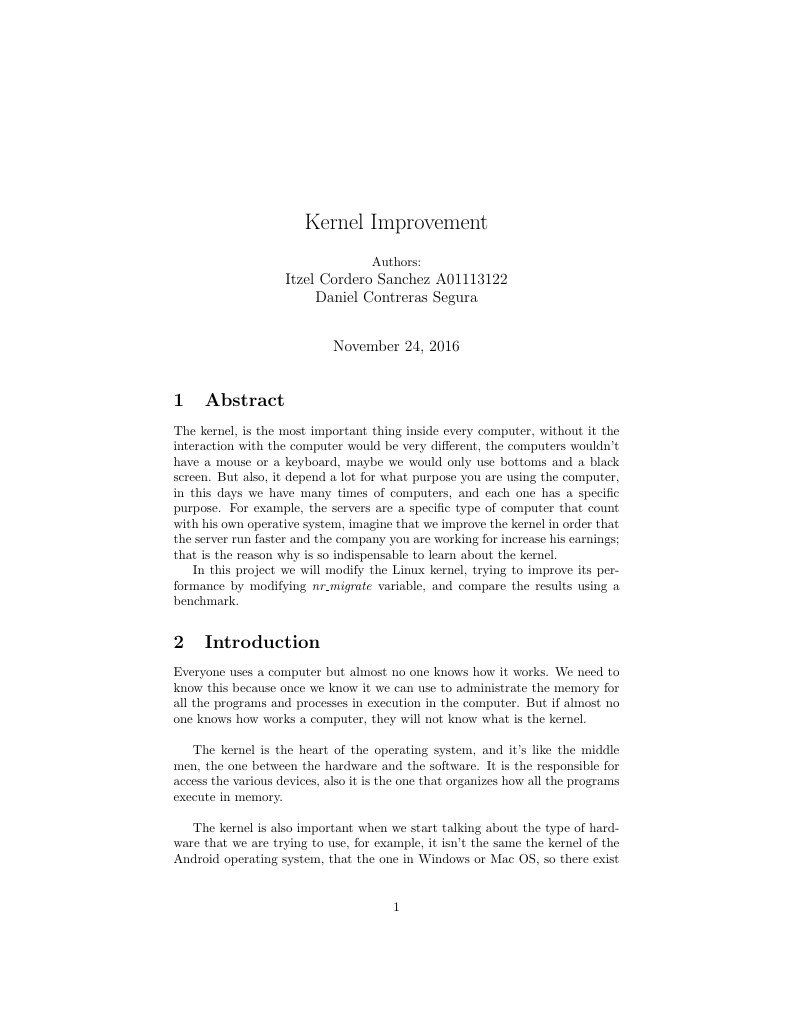
In this paper we try to make an improvement for the Linux kernel, by modifying kernel variables.
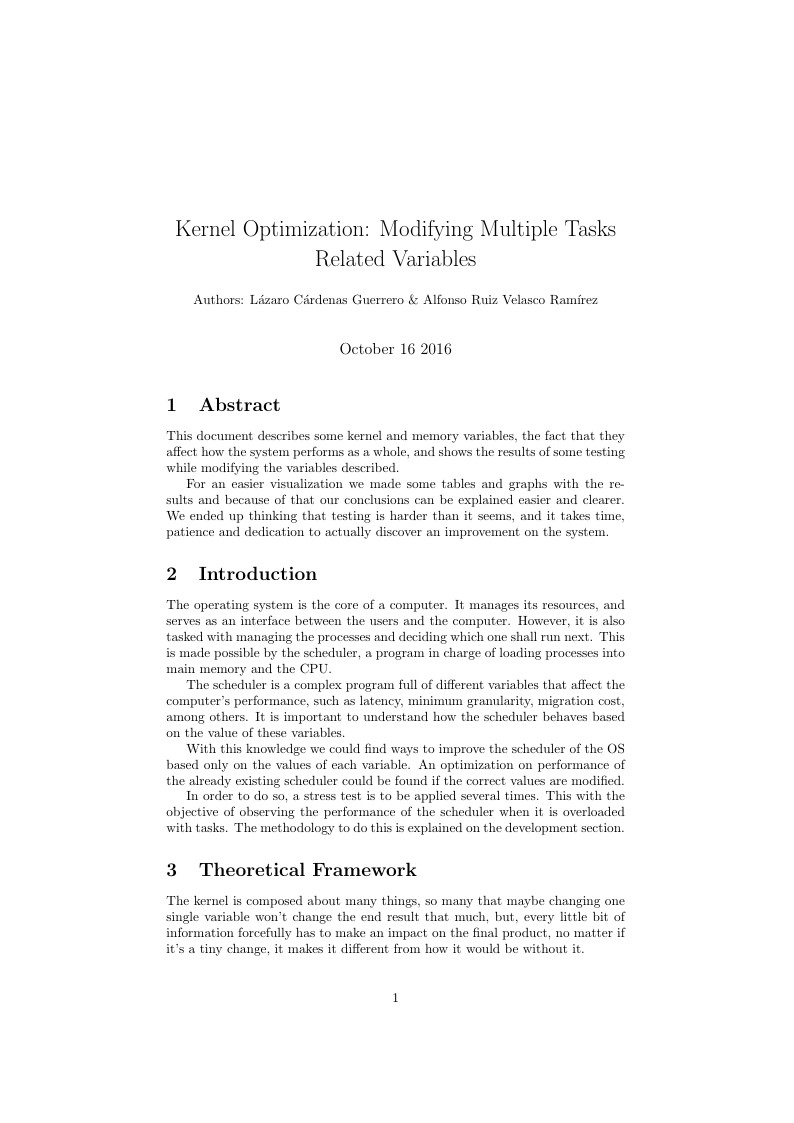
This document talks about how we tried to do a benchmark using the aiostress test on ubuntu desktop 16.04, the things we found useful and the problems we encountered.
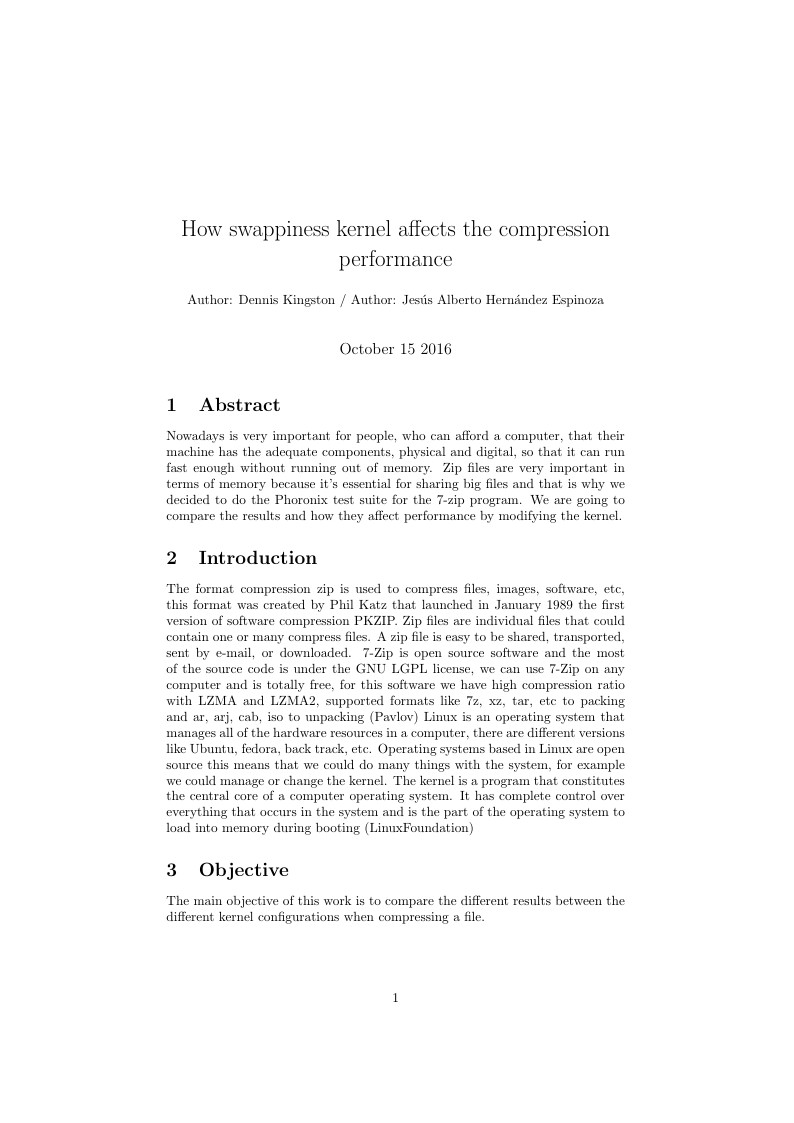
The swappiness parameter was modified in order to see performance improvement when compressing a file.
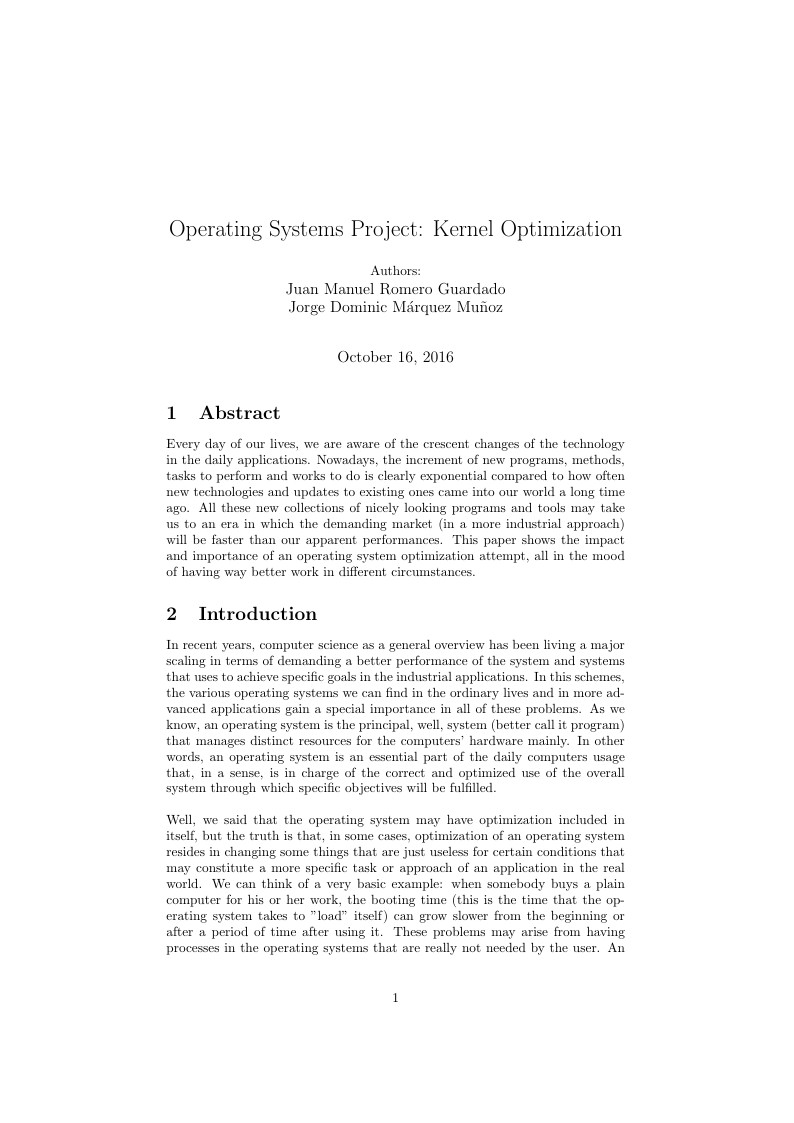
An attempt of achieving a Kernel optimaization using Ubuntu 16..04.1 LTS, Phoronix Test Suite and different value changes and tests for an internal Kernel variable: the runtime value.
\begin
Discover why over 25 million people worldwide trust Overleaf with their work.